Christopher Vogler's The Writer's Journey
Stage Four: Meeting with the Mentor
&
Stage Five: Crossing the Threshold
So much has happened you haven’t even made it to the Special World! But that’s about to change. Your Hero has received the Call! They’ve Refused it! The Mentor gives them some basic training! Now, they stand at the border between the Ordinary World and the Special World, the point of no return, yadda yadda. It’s time to give the Hero a taste of what they’re up against. It’s time to kick your Hero in the teeth. That’s right! School of Hard Knocks, baby!
Remember, we have a Writers Process meetup every Wednesday. Check us out.
Our Novel Approach to The Writer's Journey
We’ve chosen four novels to analyze while we read Vogler’s book, which will serve as examples to help you on your own journey to writing a novel based on the Hero’s Journey. Here’s what Kim & Renee are reading:
Meeting w/ the Mentor
We’re now onto the fourth step of the Hero’s Journey: The Mentor, which is both an Archetype and Plot Stage! If you forgot who the Mentor was, you should review our Snark Notes here.
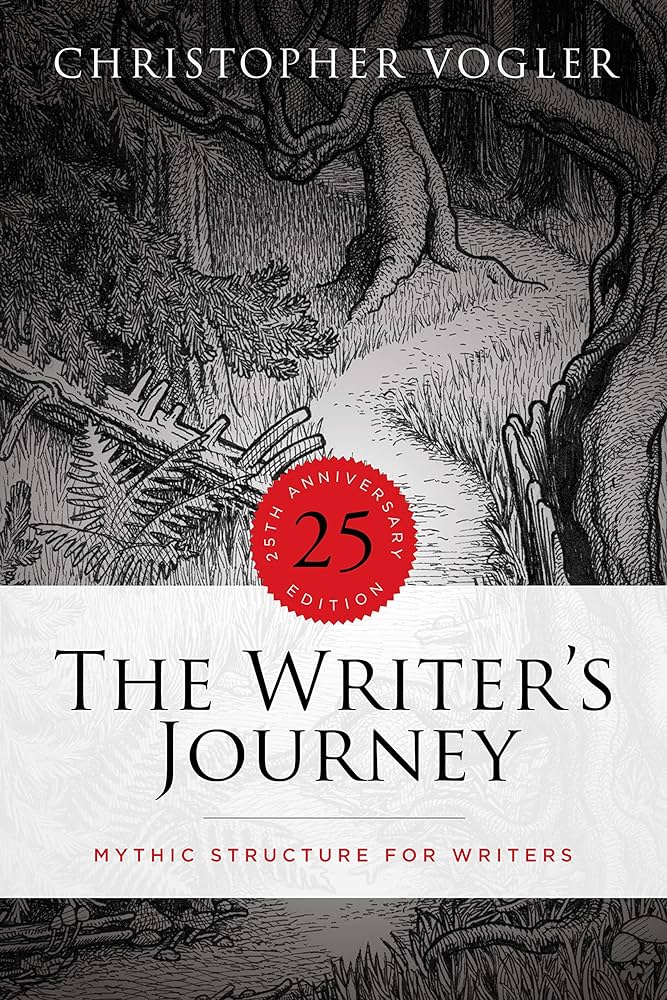
Although Vogler dedicates just a few pages to “Meeting the Mentor,” we do think it makes sense that he gives this character both an Archetype and plot point (I know, I know…how rarely we agree with his choices). On the surface the Mentor serves an obvious function for the Hero (the mentor trains the hero for the adventure). We, however, believe the role is deeper than that, which is why this relationship takes place at a certain time/place in the Hero’s Journey. Or, at least, it should if you want to story readers want to read. I mean, if you don’t want to do that then go you.
A Match Made in Stories
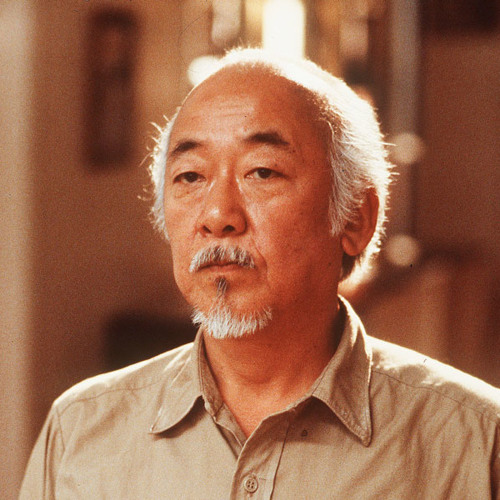
Sometimes the Hero and Mentor go on an adventure together. Vogler reminds us of this memorable pair, Mr. Miyagi and Daniel, from The Karate Kid. Vogler also mentions Star Wars (for the gazillionth time). But other pairs you might recognize include Marty and Dr. Brown from Back to the Future and Buffy and Giles from Buffy the Vampire Slayer. In these stories, both the Hero and Mentor evolve as characters independently and in their relationship to one another throughout the entire story. In other words, you don’t always have to kill of the old dude…
More than just a Step in a Journey
Meeting the Mentor marks the start of an emotional relationship – with its own stakes, dramas, motives, and vulnerabilities – between a new hero and a seasoned veteran. This character provides opportunities to train, or reveal important information, or even guide the hero’s conscience throughout the story. Whatever influence the Mentor has on the Hero will reverberate throughout the Hero’s growth and the story.
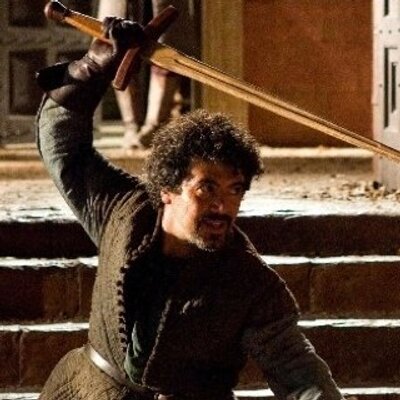
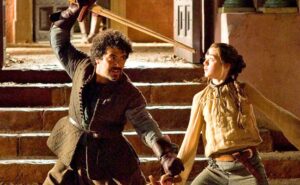
As in the case of Aria in Game of Thrones, Syrio Forel teaches Aria how to wield her sword, Needle, and his instruction guides her choices throughout her adventures.
Warning, Will Robinson
It’s at this point, we thought we’d issue a warning for the would be writer. Vogler says “heroes almost always make contact with some source of wisdom before committing to the adventure,” which on the surface looks like a great opportunity to include all of the information the Hero needs to know going forward. But that doesn’t mean Step Four is an invitation to Info-Dump.
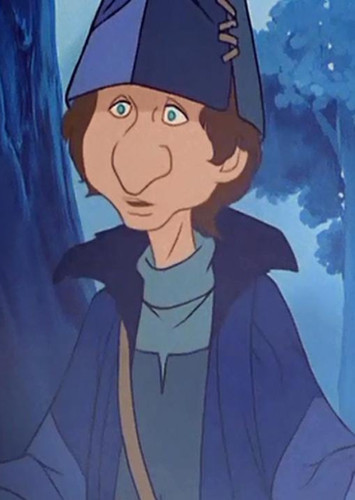
In other words, the Mentor is not just a vending machine of information so the Hero can move on to Step Five. Structurally, you need to move your Hero from a stage they aren’t prepared to a place where they are, which is why you need the Mentor. With an emotional connection, they don’t just become an information dump, but a deep evolution of the Hero. This is how you make this character/step interesting to the reader. Again, if that’s what you’re going for…
In matters of vegetable, animal, and mineral...
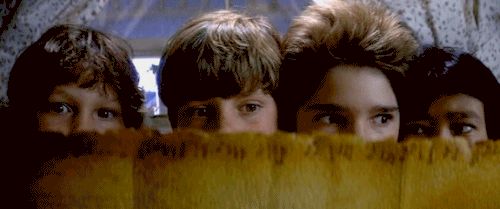
Mentors don’t have to be a person, as long as whatever stands in for the Mentor conjures the same emotional connection in the Hero. Here’s some options to defy convention:
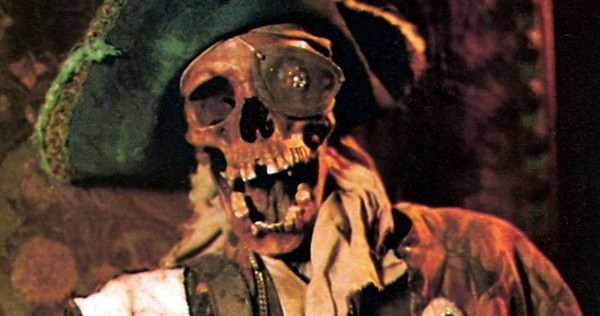
Legends/Documents: The Mentor(s) in the film Goonies is a great example. The Mentor in this film is a mythical dead pirate figure named One Eyed Willy, who, legend has it, hid gold off the coast of the Hero’s town. With an old map (also a stand in for the Mentor) and a newspaper clipping about a missing treasure hunter (a Mentor in predecessor form), The Hero goes on a Journey in search for gold.
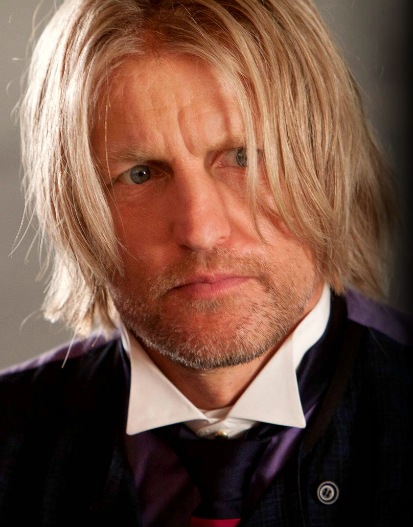
Salty Veterans: Your Hero isn’t the first Hero on the Block. Sometimes older Hero’s, most likely washed up or disgruntled, “can be regarded as heroes who have become experienced enough to teach others. They have been down the Road of Heroes one or more times, and they have acquired knowledge and skill which can be passed on.” Renee immediatly thought of Vessimir from The Witcher books/games (because of course she did). In the episode, Kim and Renee reference Haymitch Abernathy, a winner/survivor of the Hunger Games who drinks from having to send young people off to their doom year after year.
Have you checked out our Hero’s Journey Study Guide? Do you appreciate the Snark Notes (aka, show notes but written under the influence)? Words to Write by is a two woman passion project. A little support goes a long way. You could also drop us a line and let us know how you’re enjoying the podcast.
Jamie Meets some Mentors
Although Renee and Kim don’t see eye to eye on who, exactly, Scalzi meant to be a Mentor in Kaiju Preservation Society, they did agree on two: Tom Stevens, Jamie’s friend who helped get him hired, and a letter from the person who used to live in Jamie’s assigned bunk.
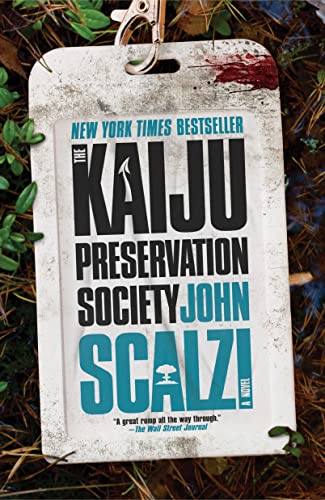
Tom Stevens as Mentor
“Is this Tanaka Base?” I asked.
“It is.”
Did you meant to make it look like an Ewok village, or was that just an accident?”
Well, technically speaking, Tanaka predates the Ewok village by a couple of decades. So it looks like us.”
“Does George Lucas know that?”
“He might.”
The Letter as Mentor
Jamie finds a letter (and a plant), which is supposed to be a “gift” from someone who used to live in his bunk. The letter gives some sage advice (at least it sounds like wisdom):
“…when we leave this world behind we leave everything about it behind. We can take nothing from it and tell no one of it.”
It is interesting to see the various ways Scalzi relays info and builds a world without making if feel like one big info-dump. As for the plot within that crazy Kaiju world…let’s just say you’ll have to learn about Step 6.
Crossing the First Threshold
Now this is the point at which the adventure gets real, yo. So strap in and keep all hands and feet inside the Journey at all times because we’re at “the most critical action of Act 1.” This is when your Hero transitions to ALL IN for the quest. When crafting this step, keep the following in mind:
Make it Visual (esp if you're a Screenwriter)
Once you’re aware of this step, you’ll see it dramatized in almost every film. Novels, however, can rely on all the senses, so don’t limit yourself to just one.
External Forces
There is no going back to the ordinary world for this Hero, partly because the Special World gives them no choice. They commit to the quest whether they want to or not. Usually, they are interacting with some external force, which strongarms them into action, such as a kidnapping or a message from a murderer they can’t ignore.
In Peter S. Beagle’s novel, The Last Unicorn, the Unicorn Crosses the Threshold when she is captured by Mommy Fortuna and put on display for a traveling circus. Before this point, she had always been free and independent. Now, imprisoned, she can’t go back, at least without help.
"Changes Intensity of the Story"
According to Vogler, this fifth step in the Journey “changes the intensity of the story:” which is why it should be rendered in scene. The reader wants to fully experience the moment when the hero changes or commits, whether their life is in danger, or they have a critical realization that fuels their decision to continue on. Even running away is a decision.
In the Lord of the Rings film, The Fellowship of the Ring, Peter Jackson expertly ups the intensity for Frodo and gang as they Cross the Threshold from the Shire into Middle Earth. Note how they are quite literally chased out of the Shire and thrown off a short cliff, only to land into the Special World. Within seconds, a Black Rider appears and they are on the run for their lives. At this point, they can no longer go back to the safety of the Shire.
Threshold Guardians
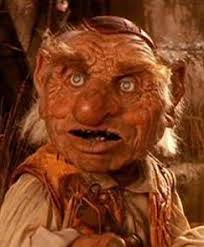
In our previous episode, Answering the Call, I reference the “False Alarms” from Jim Henson’s The Labyrinth. As funny as they are, they do, indeed, “guard” a Threshold. The moment Sarah and Hoggle pass the final pillar, Jared appears and sends “The Cleaners” after them.
Although Sarah has long since passed the “Threshold” when the False Alarms show up, they do teach Sarah an important lesson about who she can and cannot trust in the Labyrinth. Clearly, it’s not Hoggle.
Vogler tells us these guardians are often “part of the training of the Hero.” They give a different kind of training than the Mentor provides (think: school of hard knocks). While not exactly a trial in the story, they do kickstart the hero into the Journey.
Crossing the Threshold into Kaiju Territory
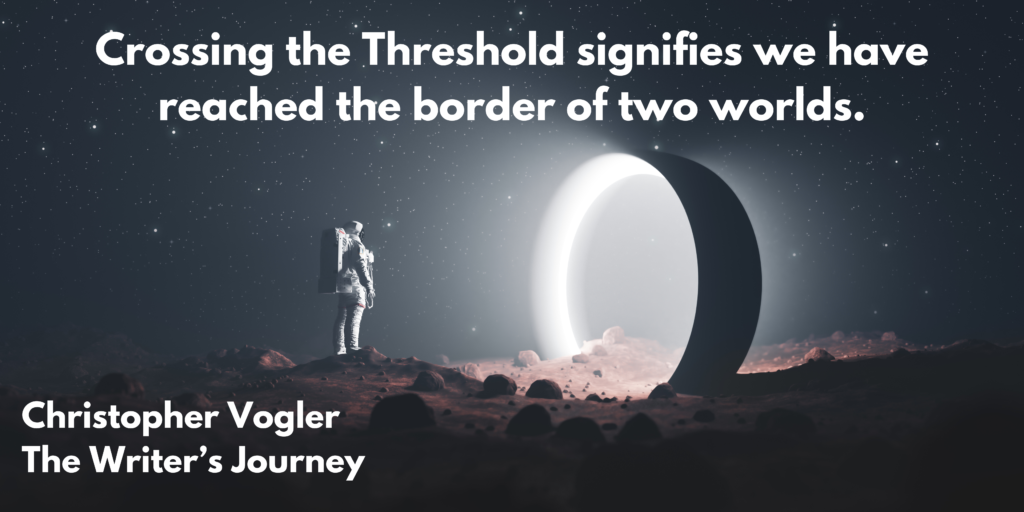
Structurally speaking, Crossing the Threshold is a crossing into act two. This process should be exciting, dammit! The Hero should invoke some “special courage” and make a ”leap of faith” into the adventure. Scalzi does this by attempting to kill his protagonist. Jamie, quite literally helpless in a rickety contraption in the sky, is thrust between two angry Kaiju:
“We are climbing!” he said.
Not fast enough, I was about to say, when one of the kaiju screamed like a thousand jet engines suddenly ignited, and drowned out the possibility of hearing anything else, ever.
That is, until the kaiju on the other side of the airship answered, just as loudly. I wasn’t aware it was possible to go completely deaf in stereo…I turned to warn the folks on the other side of the cabin, and noticed through those windows the second kaiju running up on us just as quickly.
Ridiculously, I ducked.
Although Jamie just kind of sits there and is rather passive throughout the chapter, the nature of the story with big monsters you can’t really control. What exactly can you do when you’re suspended in mid air between two angry dinosaurs? Then again, part of being a hero is being willing to make that commitment to the quest. Without this agency, we get bored as readers. With that said, I’d argue that Jamie’s simple act of ducking, even though it would have done no good, tells me they are willing to do what they can, regardless of how insurmountable the situation.

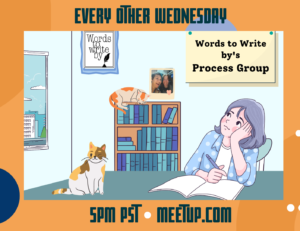

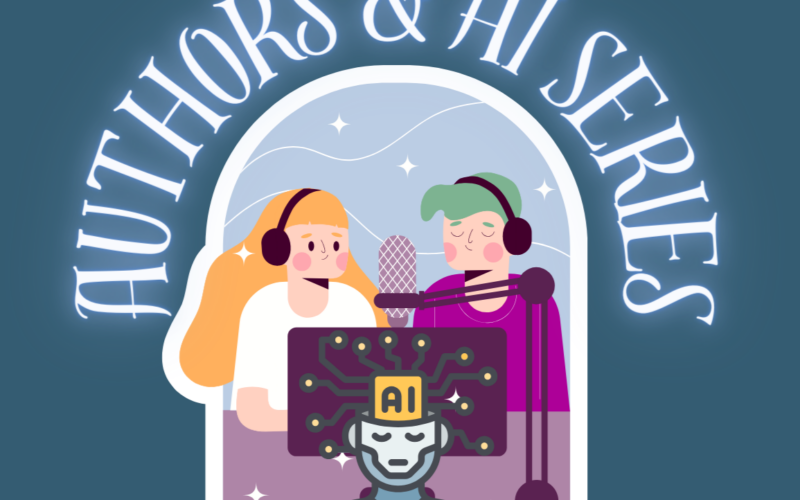
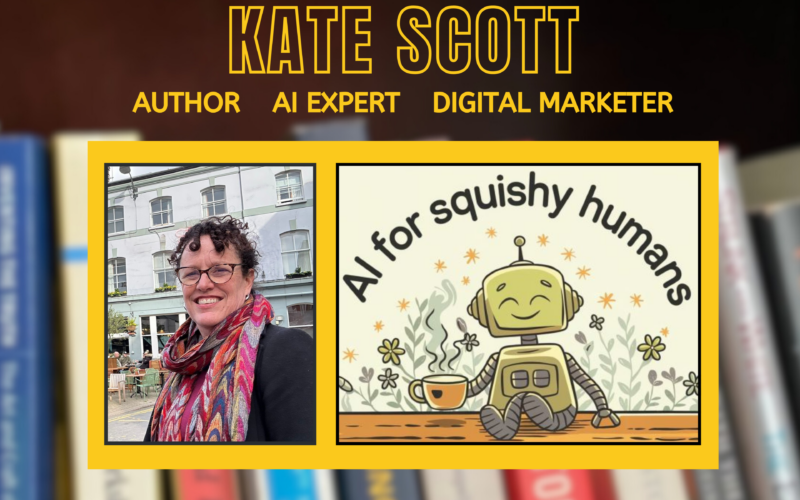

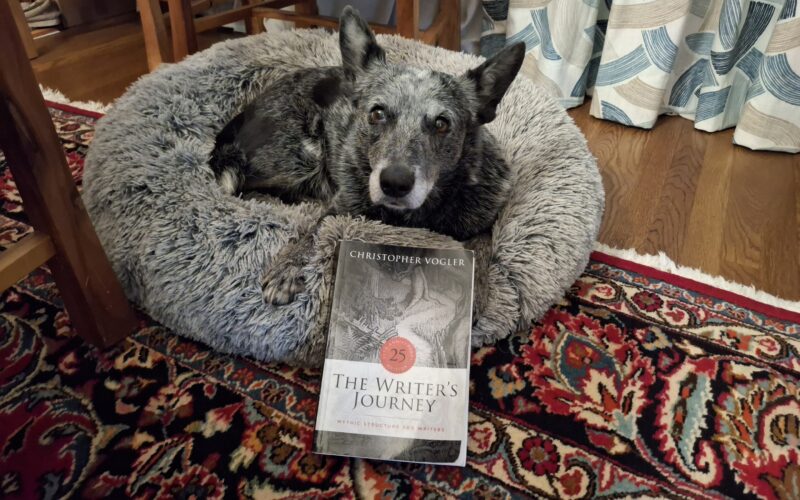
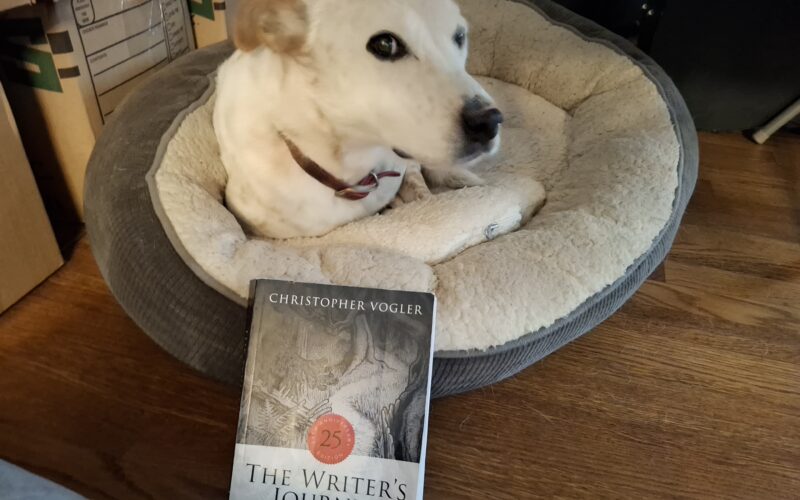
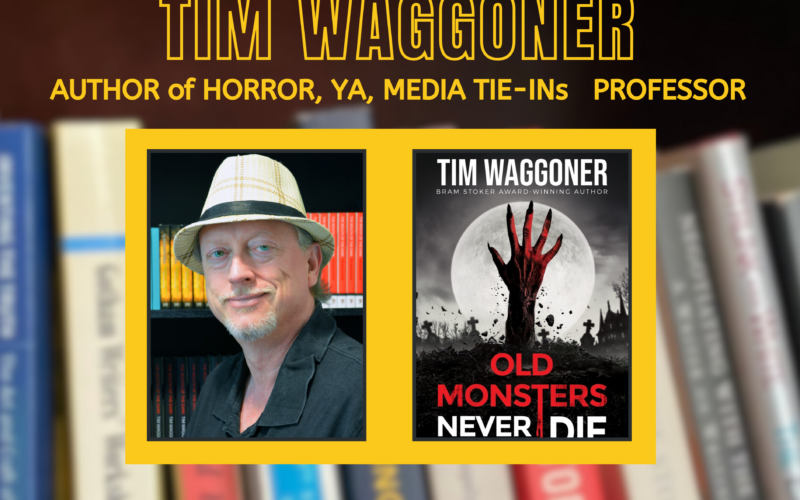
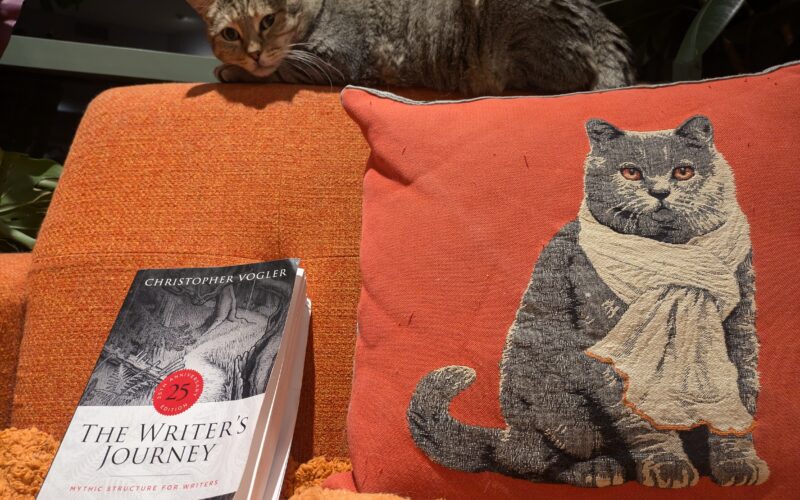
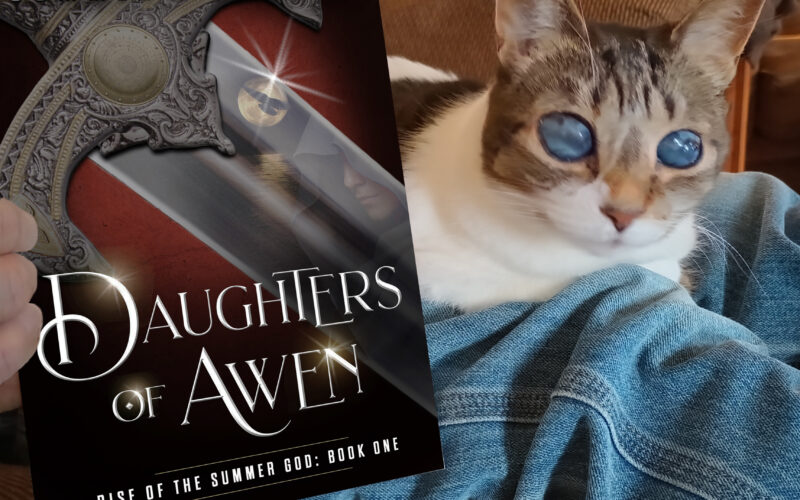

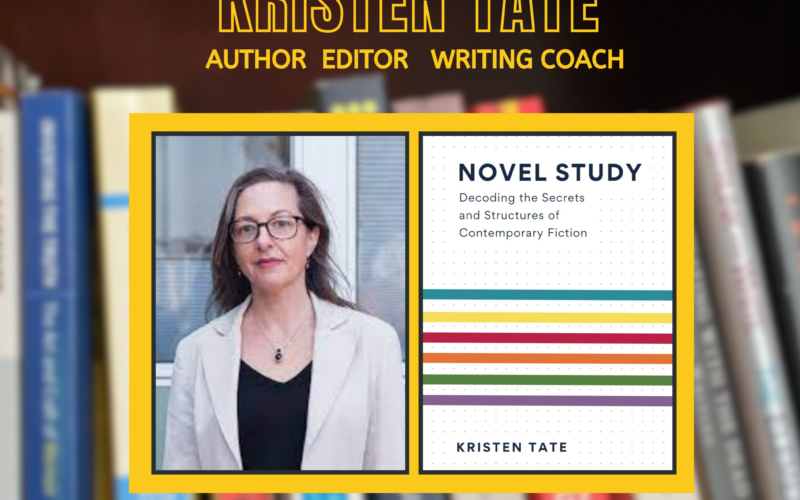
Not Your Usual Words to Write By: The AI Podcasting Challenge
Authors & AI SeriesEpisode 7: Not Your Usual Words to Write By: The AI Podcasting Challenge! Is nothing sacred? After exploring how AI might steal our writing jobs, we’re...